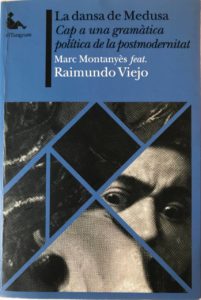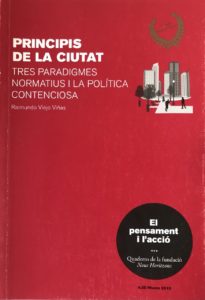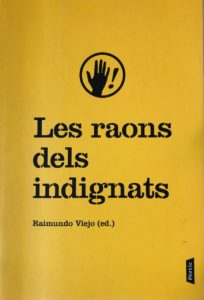May
04
[ en ] Unwanted Sons of an Unachieved Democratization: The Case of «Ciutadans».
- POSTED BY Mundus IN Sin categoría
Paper proposal to the Workshop on “Anti-democratic Thought”
Fourth Annual Conference “Workshops in Political Theory” at the Manchester Metropolitan University, 3-5 September 2007
Comparative politics use to consider Spanish regime change from Franco’s dictatorship to democracy as «the very model of transition». Politics of democratic consolidation, however, has called into question Spanish democracy’s ability to find an adequate framework for cultural pluralism. On the one side, Spanish state difficulties in ensuring the monopoly of the legitimate use of violence (i.e. the persistence of the ETA in the Basque Country) hindered the development of an appropriate institutional design for a multinational democracy. In contrast to the consociationalism of democratic transition times, the resort to emergency laws to manage the question of nationalities puts into evidence the enduring authoritarianism among some elites. On the other side, the conservative government of José María Aznar reinforced Spanish nationalist mobilization as the only way of seeking a solution to the lack of legitimacy derived from emergency culture. As a result, asymmetric federalizing arrangements became the major target of the attacks of different political actors opposed to the functioning of the democratic regime.
In such a context, a new party, the so-called Ciutadans-partit de la ciutadania, emerged in the last Catalonian elections sustained by an innovative discourse against the political establishment and the undesired outcomes of democracy, particularly those related to cultural issues. Ciutadans success in expressing discontent with minority nationalism policies, however, cannot be considered as an example of its congruence appealing to cultural “neutrality” of the nation-state. Rather, it seems to be a new, negative expression of Spanish nationalism, which has became only possible in the particular context of democratic consolidation. The aim of this paper is to analyze to which extent this Ciutadans’ negative Spanish nationalism denies cultural pluralism and undermines the basis for an effective and efficient institutional design in a multinational democracy.



Permit me to say it’s quite unexpected -to say in the least- getting to read such a partisan view from a Political Science D.<BR/><BR/>Most voters of ‘Ciutadans’ (C’s) used to favor either the PSC or PP in past elections. Simply we deem nationalism to be a highly undesirable political outcome. Moreover, the recent national-socialist Government of Catalonia is viewed by C’s as a most alarming
Participating in elections is not enough to be democratic, as historical evidence shows us. Haider in Austria or Blocher in Switzerland are also leaders of both self-identified "liberal" (FPÖ) or "centre" (UDC) parties. To base political discourse in the schmittian "dialectics" of friend (the State through the abstraction of citizenship) and enemy (democratic minoritary nationalism) is quite